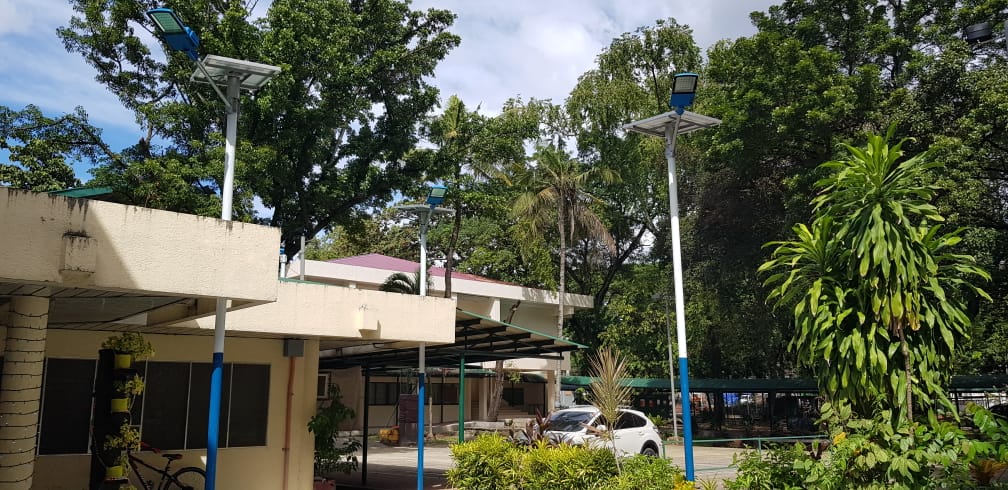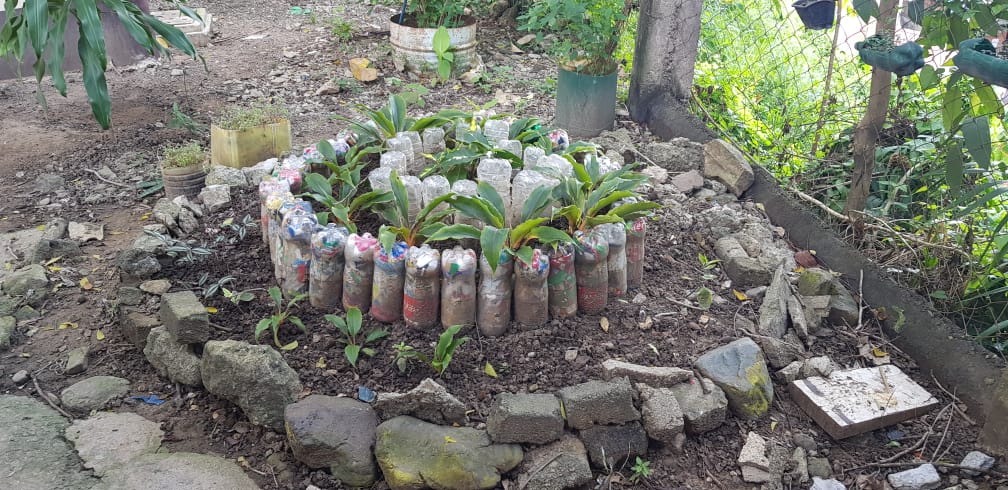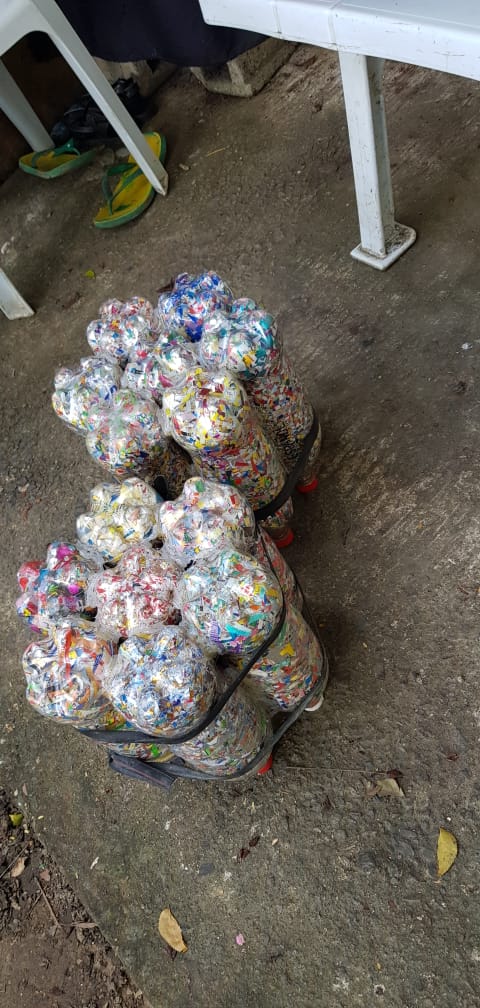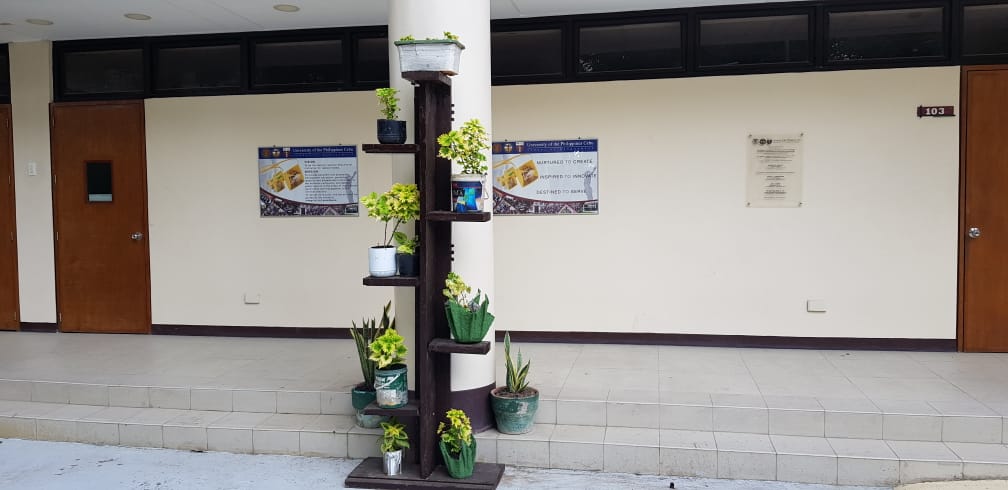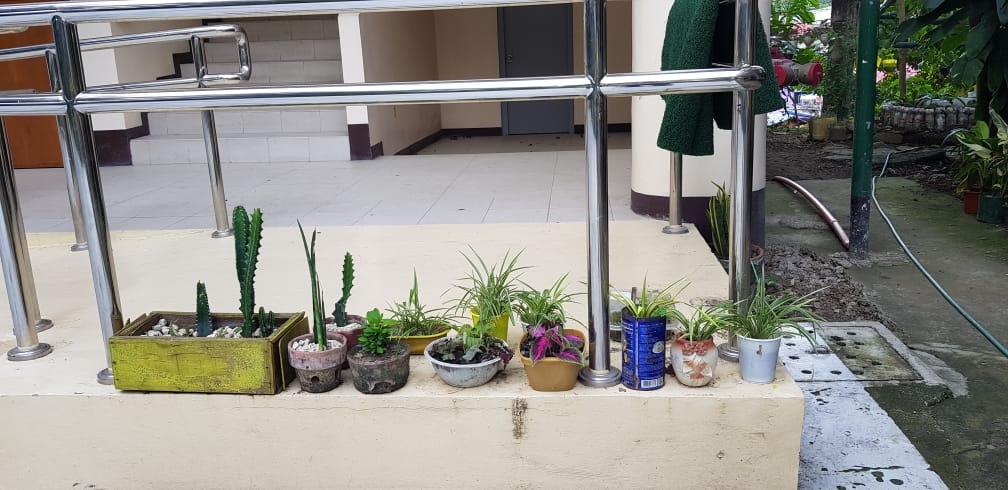It is not common knowledge that bees are the most important pollinator of food crops. Website after website (and YouTube videos) report that around a third of what we eat relies on pollination, mainly by bees (e.g., https://www.sustainweb.org/foodfacts/bees_are_important/, https://www.onegreenplanet.org/environment/why-bees-matter-so-much-to-humans/, https://youtu.be/YaaQUGPXtnU).
In fact, when one sees a bee, that person’s tendency and the people around it is to shoo the flying insect or, worse, kill it. It is not common knowledge that stinging is the last recourse of a stinging bee because it will lead to its death. It is also not common knowledge that non-stinging bee pollinators exist.
I was one of those who did not know all of these.
The Beekeeping workshop that Ms. Joan Grace Pacres (College of Social Science) and I attended last 12 – 13 December 2020 was an eye-opener. Not only on the monetary value of bee products but the importance of taking care of these pollinators.
The workshop was generously organized by our MBA student, ASEAN Architect Daryl Balmoria-Garcia and conducted by bee-aficionado Mr. Gary Avila Ayuste. Both Arch Daryl and Mr. Gary are advocates of stingless beekeeping. Kiwot or stingless bees are similar to honeybees, but they do not have a sting (http://beephilippines.info/stingless-bees/).
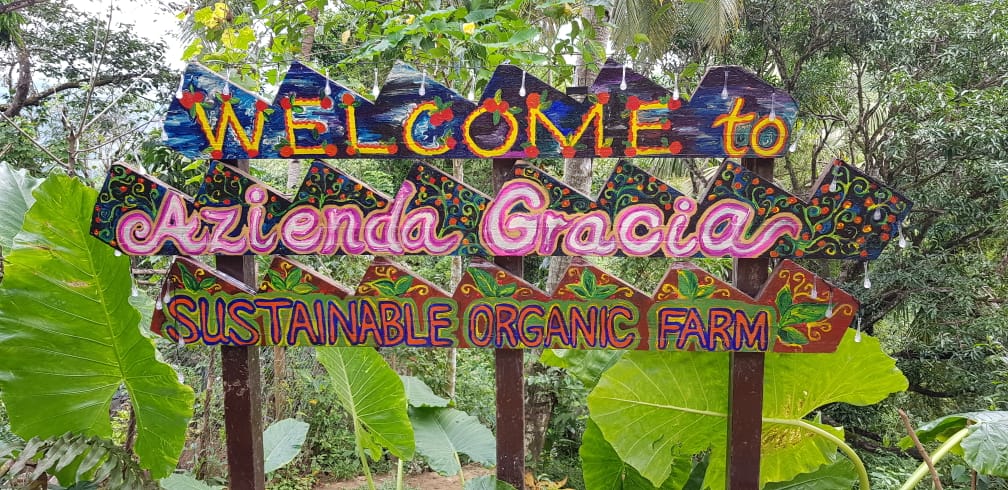
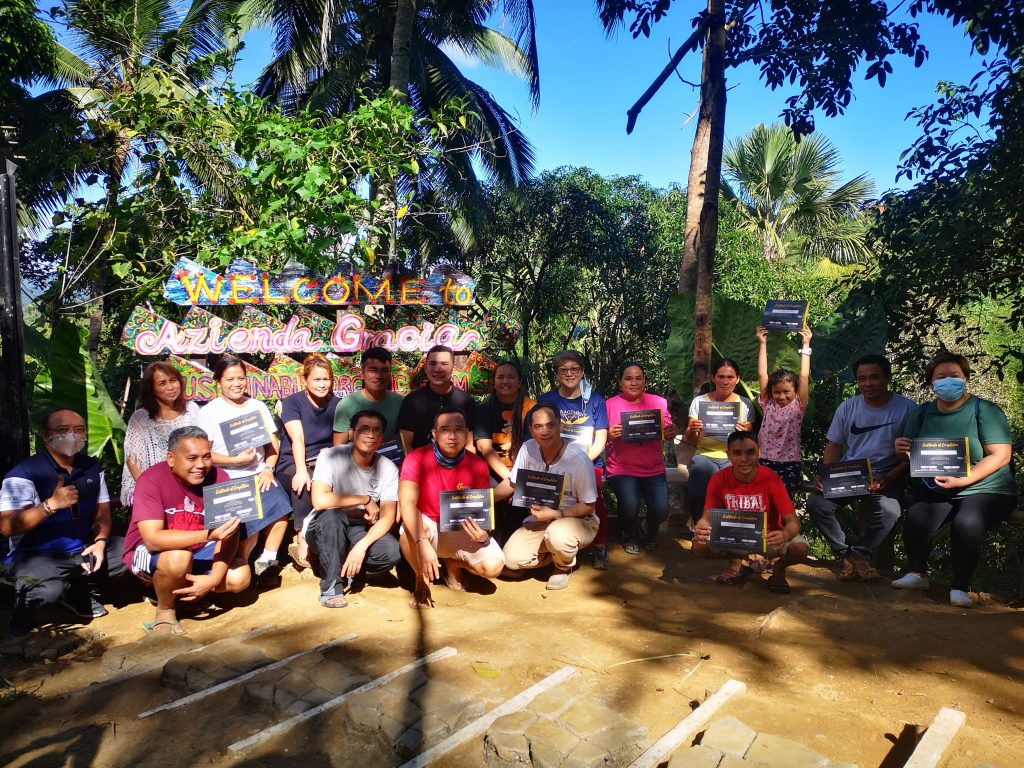
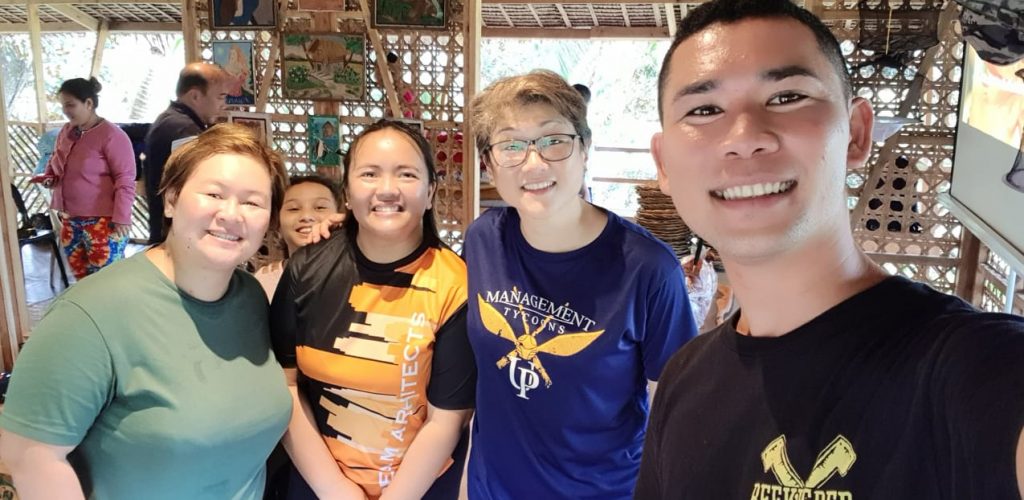
Three things I learned from this Beekeeping workshop.
- Anybody can take care of stingless bees since they’re low in maintenance and they don’t sting!
- If we make the effort of caring for bees, we benefit from their honey, pollen, and propolis, which boost our immune system.
- We need to act!
In the School of Management’s (SoM) continuing effort to help the environment, it plans to be a beekeeper! This effort is to improve the pollination of the crops and flowers around its surroundings and educate management (and non-management) students to care about the environment.
The following have been SoM’s effort to care for its environment:
- Use of solar lamps.
- Make eco-bricks as flower bed (special thanks to July).
- Turn into stools 2-liter soft drink bottles filled with cut-sachets and junk food wastes (special thanks to our management students and July).
- Use flowerpots made of cemented used rags, paint cans, and other plastic wastes (special thanks to July).
